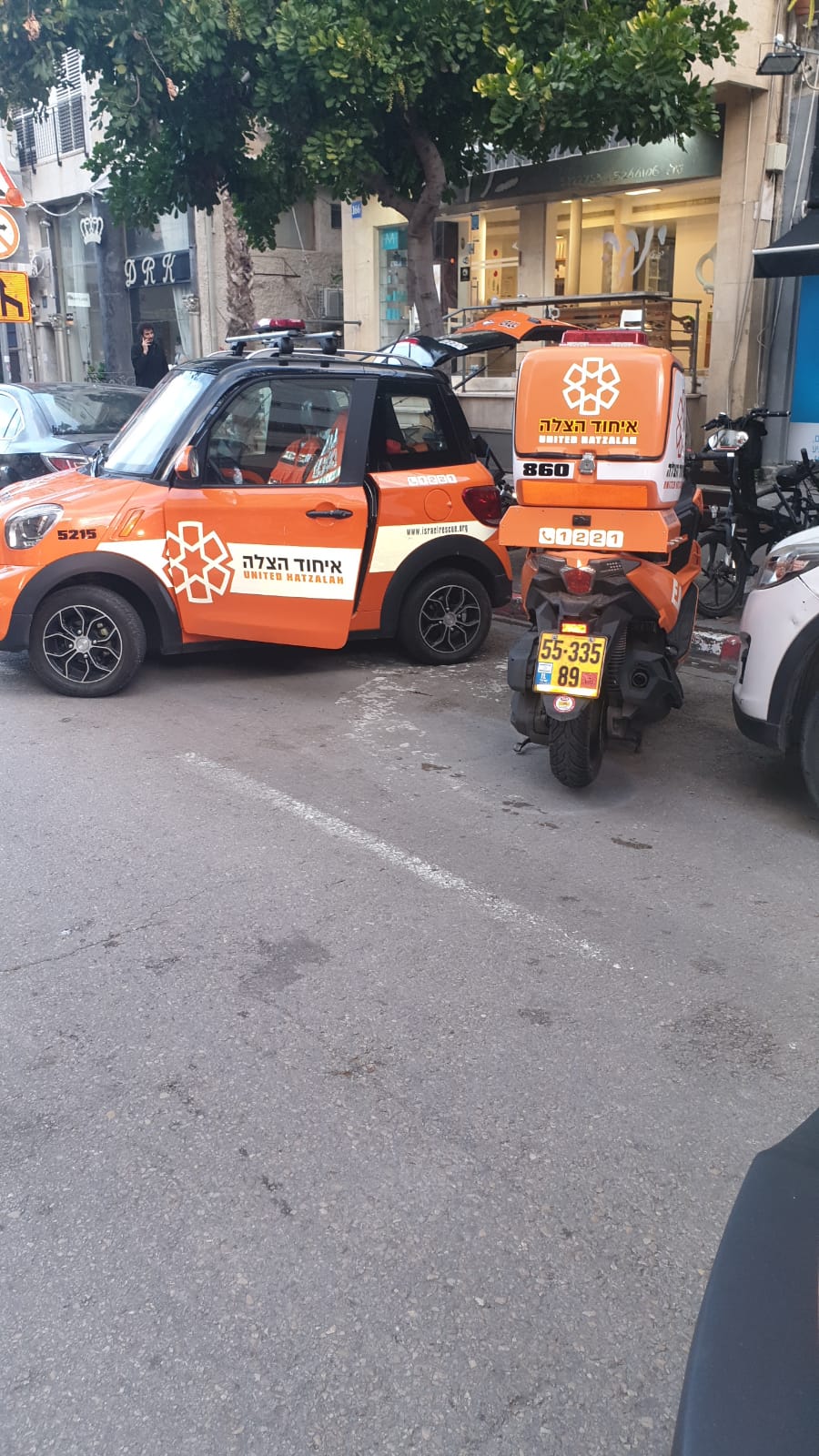EXCLUSIVE – Shalom Avitan’s Amazing Week of Lifesaving
Jerusalem- On Monday night at around 11:00 p.m., a man suffering from intense chest pains in his home on Monbaz Street in Jerusalem called the United Hatzalah dispatch center for help.
Luckily enough for him, United Hatzalah volunteer EMT Shalom Avitan lives just a few doors down. Shalom immediately rushed over to help. The EMT examined the patient thoroughly, including checking his pulse and blood pressure, all of which seemed to be okay.
During his medical exam, the patient suddenly lost consciousness. Shalom checked for vitals and found that the man had no pulse and was not breathing. Quickly, Shalom laid the patient down to the floor and reported to the United Hatzalah dispatch center upon starting CPR along with the assistance of two other United Hatzalah EMTs.
A heart monitor was attached to the patient as Shalom conducted the chest compressions. After 20 minutes of intense CPR, the defibrillator finally advised a shock. Before long, the EMTs sensed a pulse returning and the patient started to breathe independently. They transferred the man onto a stretcher and brought him to the hospital, sedated and ventilated, for further care.
A couple of days later, Shalom got a call from the neighbor. Shalom learned that the man recovered and will need to remain in the hospital for a little while longer but is feeling much better. The neighbor thanked Shalom for all of his help and is looking forward to meeting him again in person.
But Shalom’s lifesaving week wasn’t over yet. On Wednesday night, Shalom responded to another CPR emergency. A 50-year-old man in his home in Givat Ze’ev, Jerusalem, lost consciousness and collapsed.
Shalom, who was nearby at the time of the incident, arrived to find the man lying lifeless on the floor of his kitchen. He had no pulse and wasn’t breathing. The EMT attached a defibrillator, started resuscitations, and once the machine was ready, administered an electric shock with the defibrillator. After ten minutes of further chest compressions, the patient’s pulse returned.
“It has come to a point where responding to emergencies is part of my day-to-day,” said Shalom after both the incidents, “However, it’s rather unusual for me to respond to two successful CPRs in one week. There’s no other way for me to describe this feeling than tremendous satisfaction. It doesn’t happen often, but I am very lucky that I was able to be part of both CPRs and save two lives.”









